Google updates Ads misrepresentation policy
Google has announced in a post in its Advertising Policies Help Center an update to the Unacceptable Business Practices section of its Misrepresentation policy.
Starting in April 2024 in France - and in March 2024 elsewhere worldwide - this section of the policy will include the following Unacceptable Business Practice:
"Enticing users to part with money or information by impersonating or falsely implying affiliation with or endorsement by a public figure, brand or organization."
Google goes on to say:
"We take violations of this policy very seriously and consider them egregious. If we find violations of this policy, we will suspend your Google Ads accounts upon detection and without prior warning, and you will not be allowed to advertise with us again."
Other Unacceptable Business Practices already forbidden and subject to enforcement include:
Scamming users by concealing or misstating information about the advertiser’s business, product, or service
Ad destinations that use “phishing” techniques to gather user information
Coordinating with other sites or accounts and concealing or misrepresenting your identity or other material details about yourself, where your content relates to politics, social issues, or matters of public concern
Directing content about politics, social issues, or matters of public concern to users in a country other than your own, if you misrepresent or conceal your country of origin, or other material details about yourself
Making misleading statements, obscuring, or omitting material information about your identity, affiliations, or qualifications
Providing an inaccurate business name or business name that does not clearly represent the advertised business or disambiguates from similar businesses in the ad or user interactions
Failure to clearly and conspicuously disclose the payment model or full expense that a user will bear
Advertising products or services as free when they are chargeable
Ads that use clickbait tactics or sensationalist text or imagery to drive traffic
Ads that use negative life events such as death, accidents, illness, arrests or bankruptcy to induce fear, guilt or other strong negative emotions to pressure the viewer to take immediate action.
Ads that make it difficult for the user to understand they are interacting with an ad
Manipulating media to deceive, defraud, or mislead others
Making inaccurate claims or claims that entice the user with an improbable result (even if this result is possible) as the likely outcome a user can expect
Promotions that are not relevant to the destination
Promising products, services, or promotional offers in the ad that are unavailable or aren't easily found from the destination
That's a formidable list of things that could get you kicked off Google Ads, for sure.
But keep in mind that - in the USA at least - advertisers are allowed some leeway in making claims because of the well-established concept of puffery in advertising:
Puffery means conveying an overstated belief about some good or service to a prospective buyer with the goal of making a sale of that good or service. Puffery is distinct from fraud, in which someone makes a factual misrepresentation intending for another party to rely on, who then does reasonably rely on it and suffers resulting harm. Puffery, unlike fraud, is characterized by the idea that no puffing statements could be reasonably relied upon because they are statements of opinion rather than fact.
So saying "I'm the best website designer in Massachusetts" probably won't get you banned from Google Ads, but saying "I was named the best website designer in Massachusetts by the Boston Globe" very well might, if that's not in fact the case.
Simple rule of thumb: always tell the truth.
And if you have business customers, please take a look at my B2B Lead Generation Service. The internet is full of tech and ad “experts” who claim to be able to deliver more customers and more money for B2B businesses. But I'm different...

 - David
- David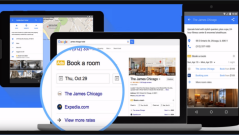

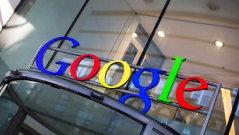
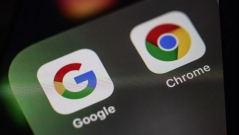

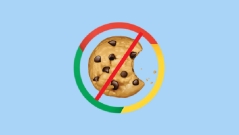
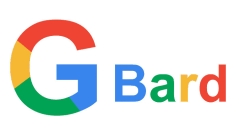
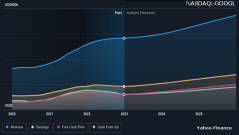
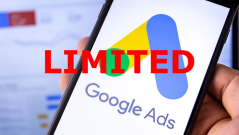
Comments on Google updates Ads misrepresentation policy